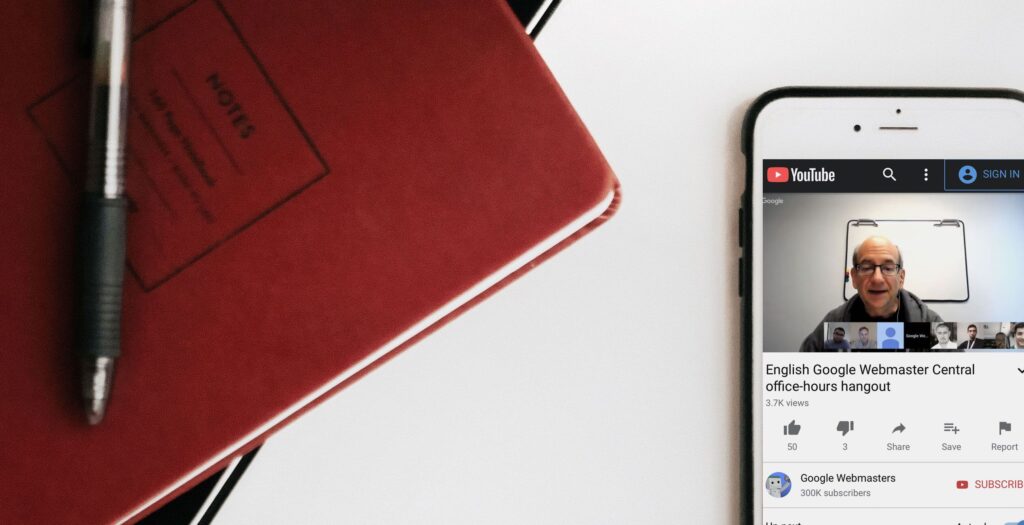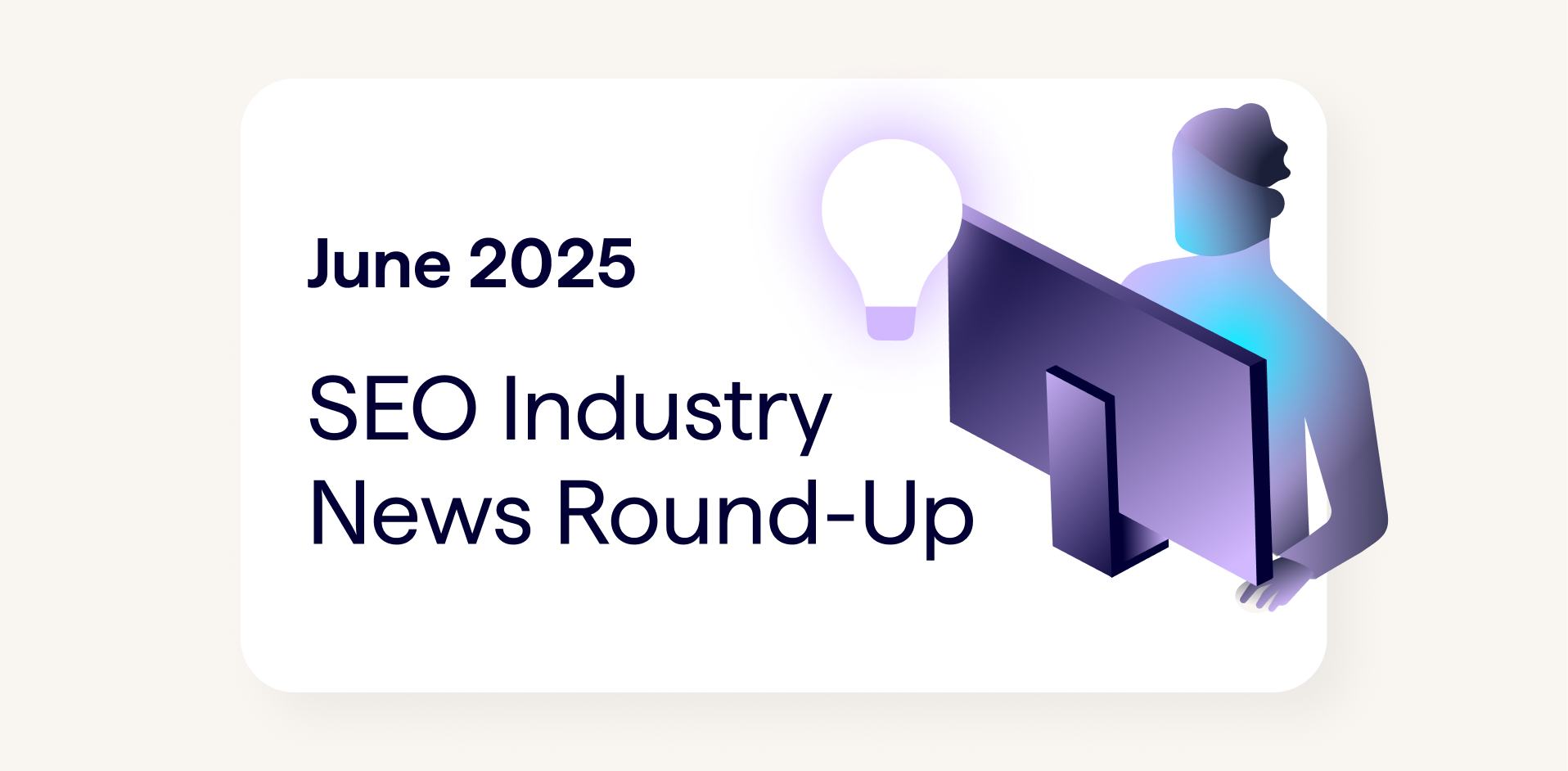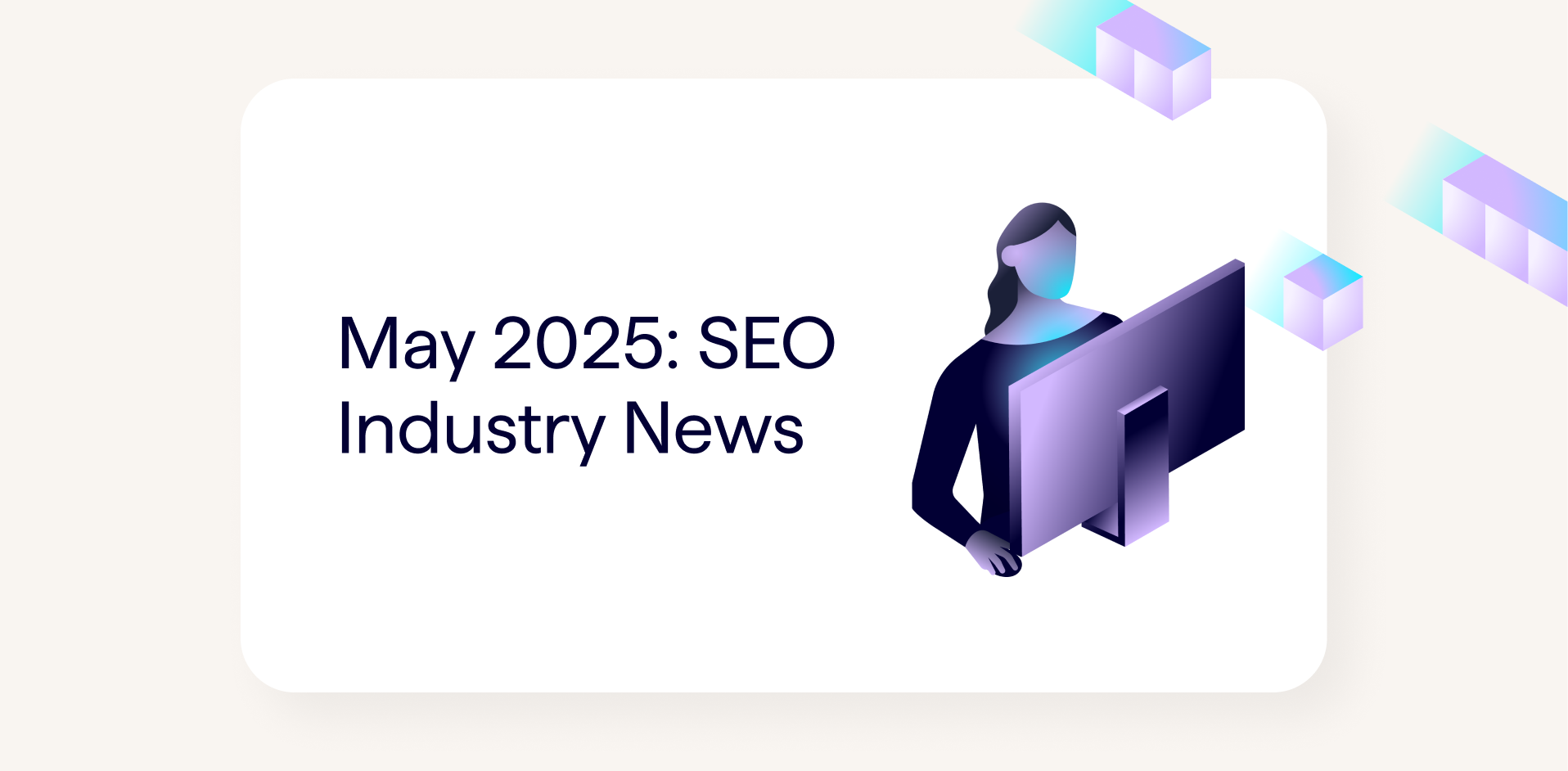Notes from the Google Webmaster Hangout on 8th March 2016, when John Mueller discusses a wide range of topics including hidden content, and indexing of new pages.
DMCAs May Impact Search Results
An excessive number of DMCA requests could have an impact on your search results although the impact and method of penalty is vague.
Google Identifies Boilerplate Content
John discusses how Google tries to understand the structure of pages to understand the standard boiler-plate elements of a page.
Hreflang Tags Should Match the Target Language
Hreflang language settings should match the content language of the target page, or Google may not display them.
New Pages Inherit Site Authority
Google uses existing knowledge of a website when ranking new pages from that site.
Set Geographic Regions for non-ccTLDs on CDNs
If you have a generic top-level domain which doesn’t specify a country, and you use a CDN, you should make sure you have the geographic settings applied in Search Console.
Hidden Content get Less Weight
Google tries to detect any content which isn’t visible when rendered and give it less weight than content which is visible.
If you have content hidden in tabs, you can put it onto separate URLs.
Google Recognises Brand Phrases
Your brand name can include spaces, and doesn’t have to match your domain, as Google can recognises whole phrases which are relevant.
Title Attribute on Links is Ignored
Google ignores the title attribute in anchor links, but does use alt tags for images inside a link.
Image Alt Text Adds to the Page Content
Adding alt tags adds content to the overall page.
Expired Content Can be Redirected
Even if a page has been unavailable for some time, then you can still redirect URLs to pass on the authority.
New Content Will Drop Rankings Without Links
John suggests that new content may be pushed up into search results, but could get dropped to a lower position if other signals don’t appear, such as backlinks.
Google Queues Large Volumes of New URLs
If Google discovers a part of your site with a large number of new URLs, it may queue the URLs, generate a Search Console error, but continue to crawl the queued URLs over an extended period.
Important URLs are Crawled Before Unimportant URLs
Google doesn’t start crawling unimportant URLs until it thinks it has crawled the important pages.
Google Ignores Content on 404 Pages But Recrawls Them
Google ignores all content on pages which return a 404 status, but will continue to crawl them periodically.
Duplicate Content Snippets are Credited to the Most Relevant Version
If you have pages with duplicated snippets of content, such as product descriptions, Google will show the page which it thinks is the most relevant version.





